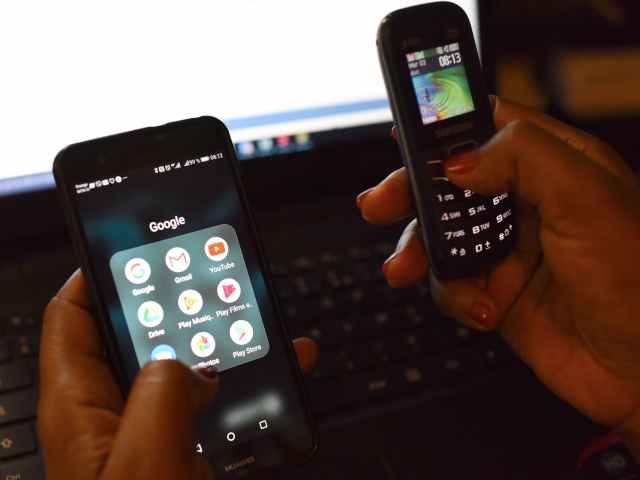The FCC recently issued a warning about a new phone scam being labeled the “One Ring” scam. This is how you can avoid scammers trying to rip you off if you return a missed call.
The “One Ring” scam is being brought to the attention of the public by the FCC, who is warning people not to call back numbers with a “222” country code.
As part of the scam, a person receives a phone call but the caller hangs up the phone after one or two rings before the person can answer. This is in the hope that the perrson called will then return the call to determine who called them — a common occurrence.
This often results in the person being charged per minute toll charges similar to a 900 number. The FCC warns that the country code from the West African nation Mauritania has been linked to the calls so far.
In a report on its website, the FCC writes:
One-ring calls may appear to be from phone numbers somewhere in the United States, including three initial digits that resemble U.S. area codes. But savvy scammers often use international numbers from regions that also begin with three-digit codes – for example, “232” goes to Sierra Leone and “809” goes to the Dominican Republic. Such scammers may often use spoofing techniques, as well, to further mask the number in your caller ID display.
Heres how the FCC advises you avoid the scam:
- Don’t answer or return any calls from numbers you don’t recognize.
- Before calling unfamiliar numbers, check to see if the area code is international.
- If you do not make international calls, ask your phone company to block outgoing international calls on your line.
- Always be cautious, even if a number appears authentic.
Another trick to avoid one-ring scammers is to do an online search for the phone number before calling back. Often Internet users will flag scam numbers to save others time and aggravation.
The FCC advises that if you are billed for such a call, contact your telephone provider in an attempt to resolve the issue. If the issue cannot be resolved, you can file a complaint with the FCC for free here.
Lucas Nolan is a reporter for Breitbart News covering issues of free speech and online censorship. Follow him on Twitter @LucasNolan or email him at lnolan@breitbart.com

COMMENTS
Please let us know if you're having issues with commenting.